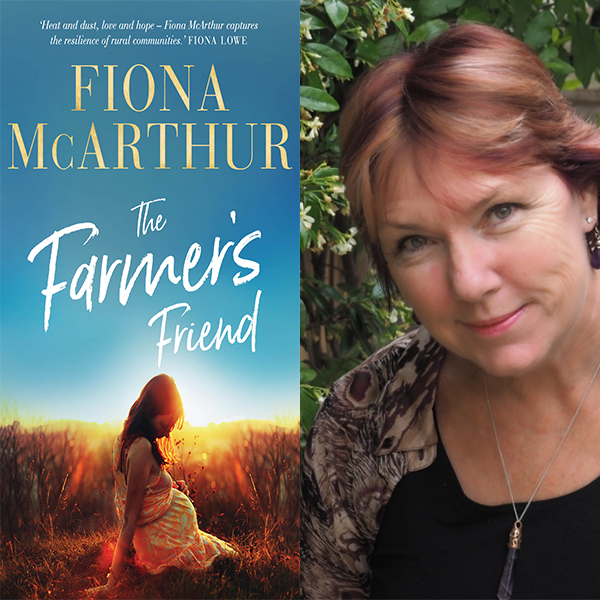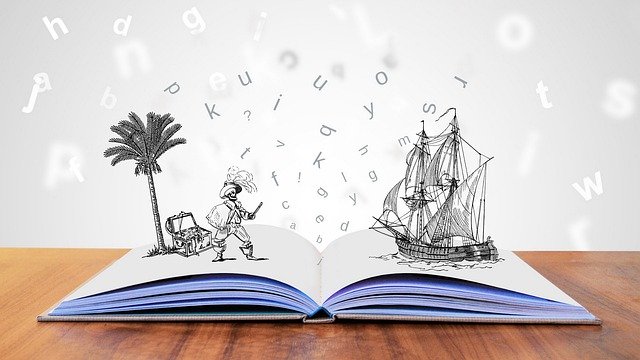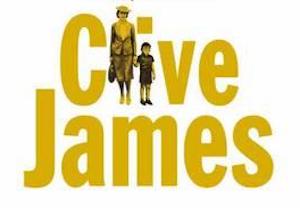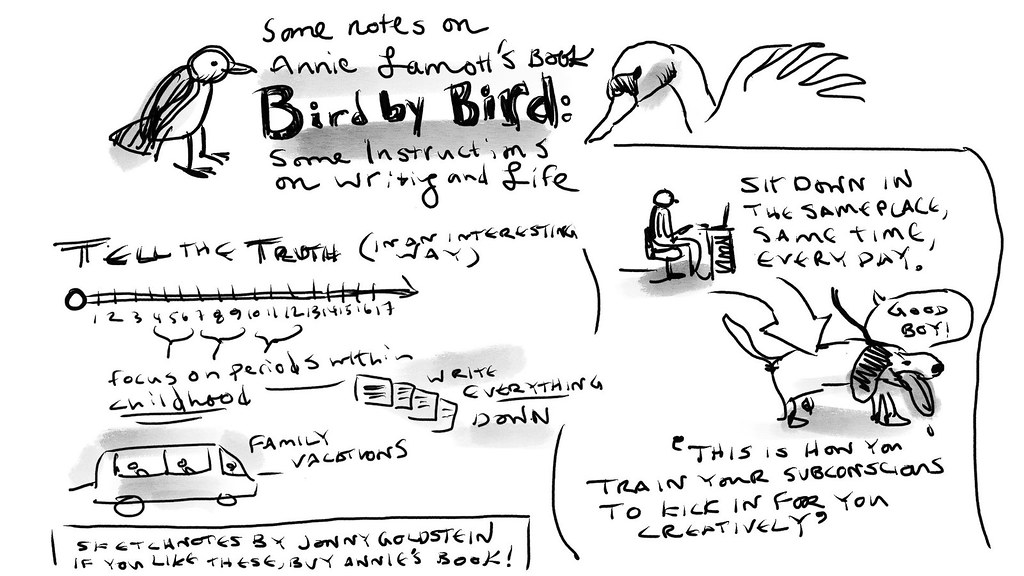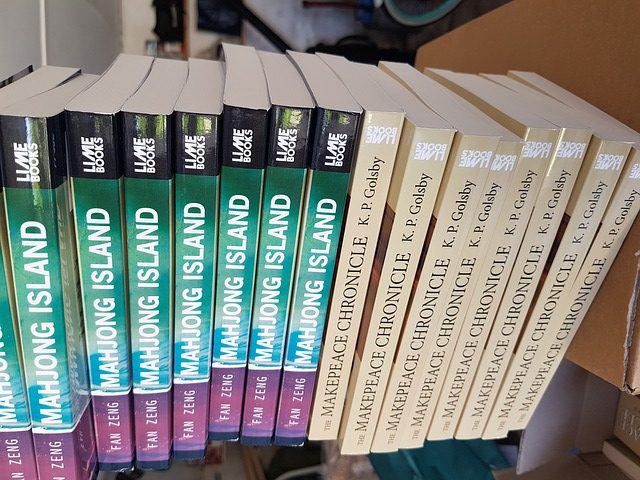Best-selling Author Fiona McArthur Talks
When you have an opportunity to hear an author talk, it pays to listen. Especially if that author is successful, as in some fifty published books or more – both traditional and self-published and has won awards for her writing. Today was such a chance for me. Fiona McArthur is on the hustings (at least … Read more

